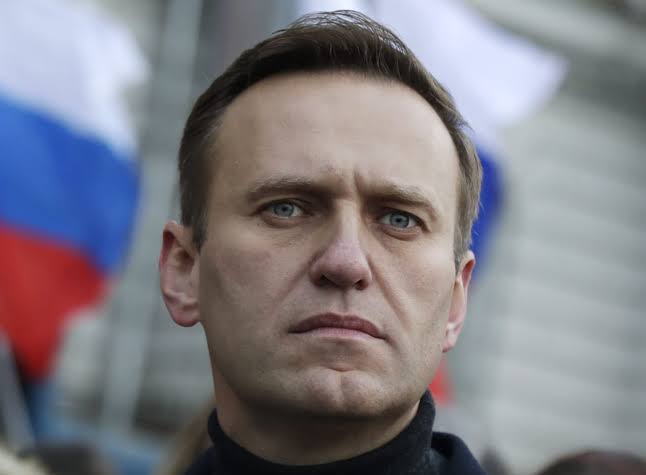- The latest charges against Navalny are related to the activities of his anti-corruption foundation and statements made by his top associates. Supporters of Navalny view these charges as part of a calculated effort by the Kremlin to silence one of its most outspoken adversaries
Russian opposition leader, Alexei Navalny has been handed a 19-year sentence in a move that both the European Union and United Nations have condemned as ‘unacceptable.’

The 47-year-old critic appeared in front of a closed-off court hearing on Friday in a makeshift courtroom at the IK-6 penal colony.
He was ordered to serve his latest prison term in a ‘special regime’ penal colony, which are among the harshest prisons in Russia that hold the highest levels of security and the strictest inmate restrictions.

Navalny now has 10 days to appeal the court’s verdict. If he chooses to, he will not be sent to prison until the appeal has been ruled on.
The European Union’s president Charles Michel said of the harsh sentence: ‘The latest verdict in yet another sham trial against Alexei Navalny is unacceptable.

‘This arbitrary conviction is the response to his courage to speak critically against the Kremlin’s regime.’
Meanwhile, the United Nations’ High Commissioner for Human Rights Volker Turk insisted that Russia ‘immediately [cease] violations of Navalny’s human rights and release him.
The UK’s Minister for Europe, Leo Docherty, said in a tweet that the sentencing ‘further demonstrates the Russian state’s contempt for freedom of speech and democratic rights. Russia should immediately release him.’
Germany’s foreign minister, Annalena Baerbock condemned the ruling, writing on social media:
‘Russia’s arbitrary justice system imprisoning Alexei Navalny for another 19 years is pure injustice.

‘Putin fears nothing more than standing up against war and corruption and for democracy – even from a prison cell. He will not silence critical voices with this.’
Marie Struthers, Amnesty International’s Director for Eastern Europe and Central Asia, said: ‘It is a sinister act of political vengeance that not only targets Navalny personally but serves as a warning to state critics across the country.
‘The outcome of today’s sham trial offers just the latest example of the systematic oppression of Russian civil society that has intensified since Russia’s invasion of Ukraine last year.
‘We are following this case closely’, UN Human Rights Office spokesman Jeremy Laurence said during a briefing on Friday before Navalny was sentenced.











